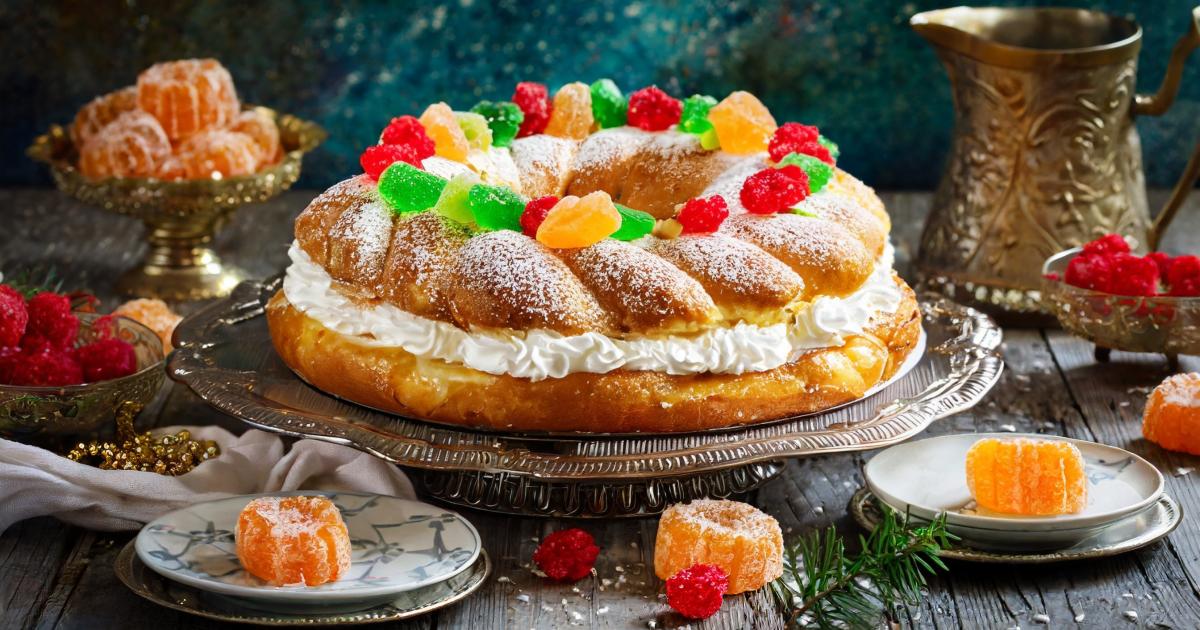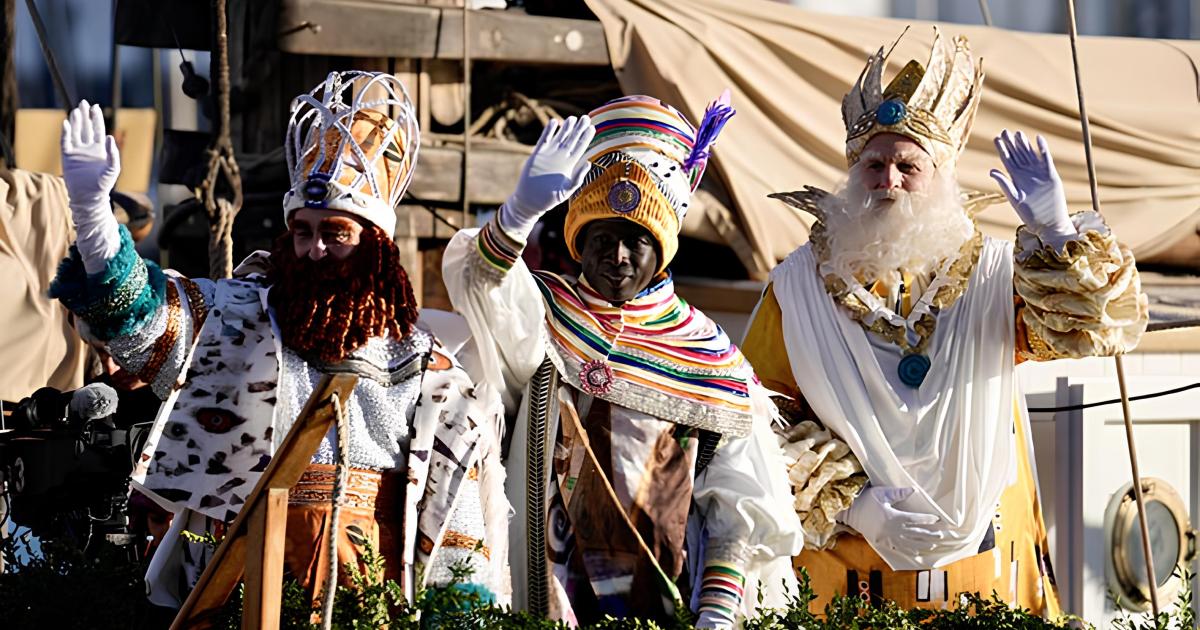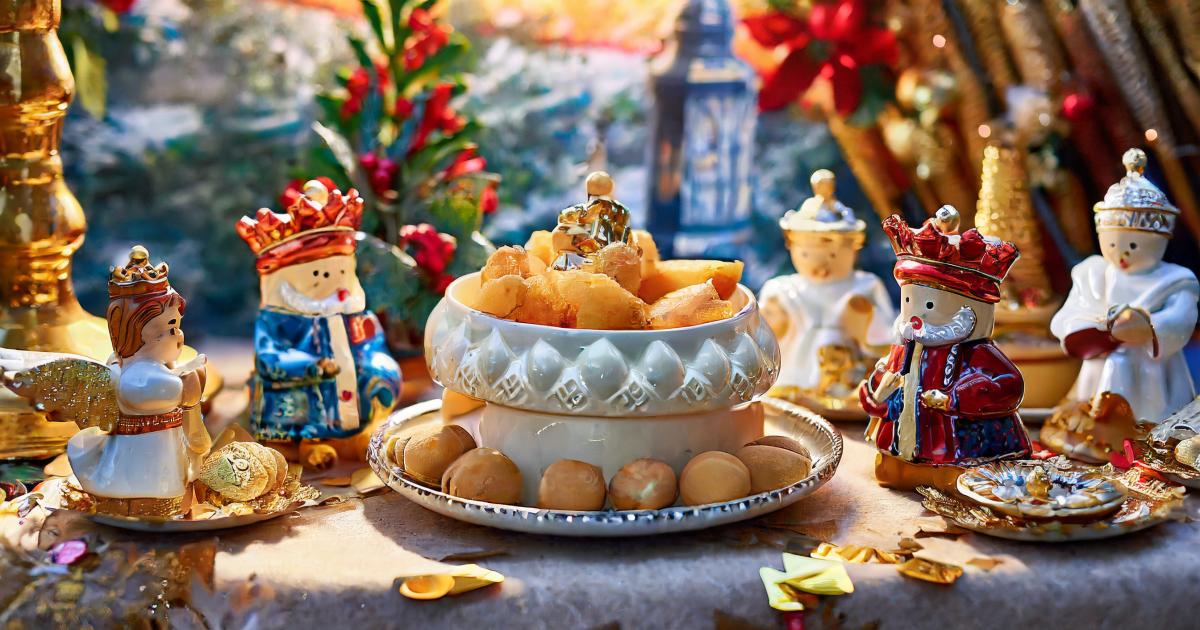
Three Kings Tradition and Royal Cake (El Roscón de Reyes) in Spain: A Magical Celebration

Three Kings: Melchior, Gaspar and Balthazar
The Three Kings, Melchior, Gaspar and Balthazar, play a key role in Spanish tradition. According to the biblical story, these wise men from the East followed the star of Bethlehem to worship the newborn Jesus and offer him symbolic gifts. Each of the kings represents a different land and brings a unique gift: Melchior brings gold, Gaspar brings frankincense and Balthazar brings myrrh.
Epiphany Parade: A Magical March
On the eve of Epiphany Day, towns and villages across Spain fill with magic as they organize the Epiphany Parade. These colorful parades are mass events in which the Three Kings, accompanied by their servants and other mythical figures, roam the streets, greeting people and handing out candy and gifts. The parade ends with the presentation of gifts to children, creating an unforgettable experience for families.
Royal Cake (El Roscón de Reyes): the Culinary Pearl of Celebration
An extremely important part of the Epiphany celebration is the tasting of Royal Cake, a delicious baked good decorated with candied fruits. This round cake, symbolizing the crown of kings, is traditionally eaten for breakfast or afternoon tea on January 6, shared with the family.
What Does the Royal Cake Contain?
The Royal Cake can be filled with a variety of ingredients, the most popular being whipped cream or custard pudding. Some modern versions include fillings of truffles, chocolate or candied fruit. In addition, this delicious cake is decorated with plaast of candied fruit, symbolizing the jewels of the crown.

Figurines and Surprises in Royal Cake
One of the most exciting traditions associated with Royal Cake is the hiding of small figurines and surprises in it. These can be small ceramic figurines depicting characters from the Christmas nativity scene or other items related to the holiday. The person who finds a figurine in his piece is considered lucky and, according to tradition, must buy a Royal Cake for the following year.
In turn, the person who finds a bean in his piece must cover the cost of the Royal Cake or fulfill another tradition established by the group. This custom adds an element of fun and impatience to the moment of tasting this unique specialty.
The Magic of Sharing the Royal Cake in the Family
The moment of sharing the Royal Cake becomes a unique and meaningful experience for Spanish families. Tradition dictates that the cake is cut into pieces, and each family member chooses his or her own, hoping to find a figurine in it or avoid the bean's temis. This ritual strengthens family ties and creates unforgettable memories.
Summary: Celebrating the Magic of Epiphany and Royal Cake
The tradition of Epiphany and Royal Cake in Spain is a unique opportunity to celebrate with family and share special moments. The arrival of the Three Kings, the colorful and magical Parades, and the tasting of the delicious Royal Cake make this holiday unforgettable. Moreover, beyond the material gifts, the real magic is in the shared joy and family love that fill this special holiday.







